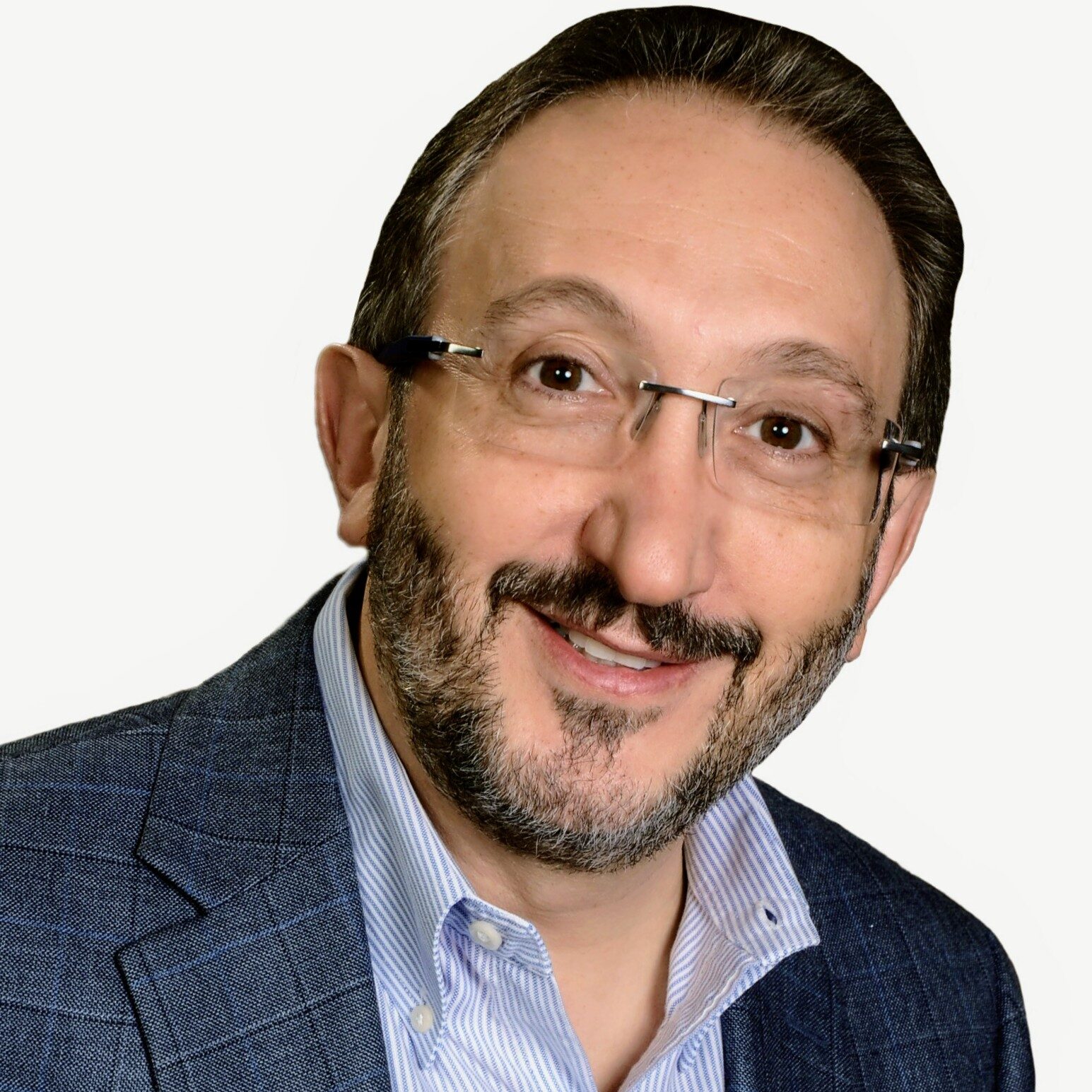This Rosh Hashanah, in synagogues around the world we will recite the words: hayom harat olam, “Today is the birthday of the world.”
What does it mean to see Rosh Hashanah as the world’s birthday?
I don’t believe that it literally means that only 5783 years ago a big bang occurred and the universe exploded into existence. That idea hasn’t made much sense since we began to understand that the physical universe is billions of years older than that.
But hayom harat olam may very well mean that it was precisely that many years ago when we began to forge a relationship with the Creator of the universe, and for the first time contemplate the meaning and purpose of our existence.
When we celebrate our own birthday, or that of our children, it beckons us to think back over the years that have passed, and to wonder what life will be like, what we will be like, when future birthdays come back around to greet us.
Those are exactly the kinds of questions we are supposed to think about when we celebrate the world’s birthday. However on Rosh Hashanah, we not only ponder what we will be like, we also contemplate what the world will be like, and what part we can play in shaping a better world for us, our community, and the future of humanity.
When we read the story of creation in the book of Genesis, the first question which God asks Adam in the Garden of Eden, is:
“Ayeka? Where are you?”
Adam runs away from that question, as he is trying in vain to hide from God’s probing presence. The author Leonard Fein explains: “If God knows all, then why did God have to ask Adam, ‘where are you?’” Fein answers: “The question is a spiritual one, and the answer must be spiritual, too. It was asked not just of Adam, but of each of us, every day. Where are you? Where is your spiritual life?”
Later on in the Bible we learned that God calls out to other people by name as well. God calls upon Abraham, Moses and many others. And it is then that we learn that there is a much better response when God calls out to you, namely, “Hineni, here I am.”
So what does it mean when Abraham or Moses answered “Hineni, here I am”?
It means they were not about to hide from God as Adam did, but were in effect saying to God: “I am here. I am aware of Your presence, the miracle of creation, and I am ready to respond to the Divine call.”
On Rosh Hashanah, we will all come to synagogue to hear the blasts of the shofar. And when we hear those ancient, quivering notes we are supposed to feel that same impact of God actually calling out to each one of us.
As Maimonides explains, the shofar is in essence saying to us: “Awake, O you sleepers, from your slumber!” It is time to be stirred and to wake up. Another year has passed, and you have more work to do before your time on this earth has come to an end.
Our holidays, our sabbaths, our sacred texts, and even our synagogue are all there to awaken our Jewish soul to the untapped potential that lies within us to lead a more divine, more spiritual life. We have so many ways at our disposal to deepen that connection over the course of the coming year, if we just listen and respond to God’s call.
From Shabbat services, to TorahRefers to the first five books of the Hebrew Bible, the Tanakh, also called the Five Books of Moses, Pentateuch or the Hebrew equivalent, Humash. This is also called the Written Torah. The term may also refer to teachings that expound on Jewish tradition. Read more study, tikkun olam, Adult study classes, holiday celebrations and so much more, there are a myriad of ways to help you reconnect with our community and precious heritage. And so I hope you will take advantage of these opportunities to grow Jewishly and spiritually over the course of the coming year.
The old movie “Ghostbusters” had a soundtrack that famously asked: “who ya gonna call.” This year, I ask you to consider the opposite, that perhaps it is actually you who are the one being called. God reaches out to us all the time, and it is only the one who is sensitive to the calling who notices the Divine voice.
A Hasidic disciple once asked his master: “Rebbe, where is God to be found?” And the rebbe answered, “God is found wherever he is allowed in.” The possibility to live a meaningful and spiritual life is right there for the asking. We only have to decide to take the step and open that door in our lives.
Once we say hineni to ourselves, once our lives have a spiritual center, our existence becomes more meaningful, and we will live a more purposeful life.
We accepted the Torah at Sinai and made a covenant with God, not as lone individuals, but as a community. So I urge you not to cut yourself off from the community. There is so much in our tradition to light up our souls, and in turn to reflect that light onto others.
As we begin the New Year, let us ask ourselves: Where are we? And let each of us respond, in our hearts and in our actions: hineni – Here I am.
Author
-

Mark Zimmerman is senior rabbi of Congregation Beth Shalom in Atlanta, GA, where he has served for over 30 years. He is a past president of the Rabbinical Assembly SE Region, and of the Atlanta Rabbinical Association. Mark has produced two widely utilized websites: www.sidduraudio.com and www.haftorahaudio.com to help the Jewish community become more proficient with the Hebrew liturgy and haftarot. He is also a member of AIPAC National Council, and serves as chaplain for the Dunwoody, GA Police Department. Rabbi Zimmerman also currently manages and publishes “The American Rabbi” web journal.
View all posts




